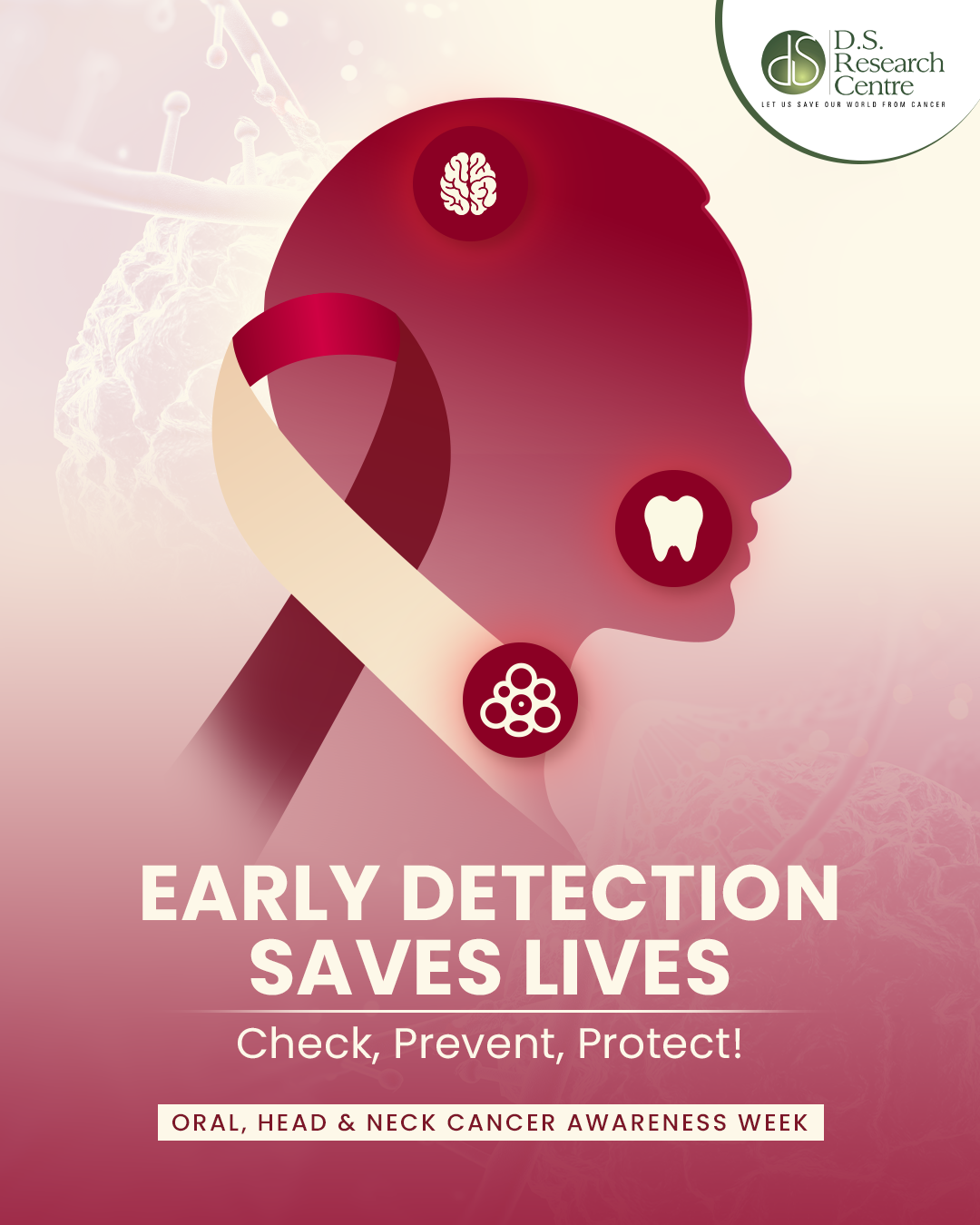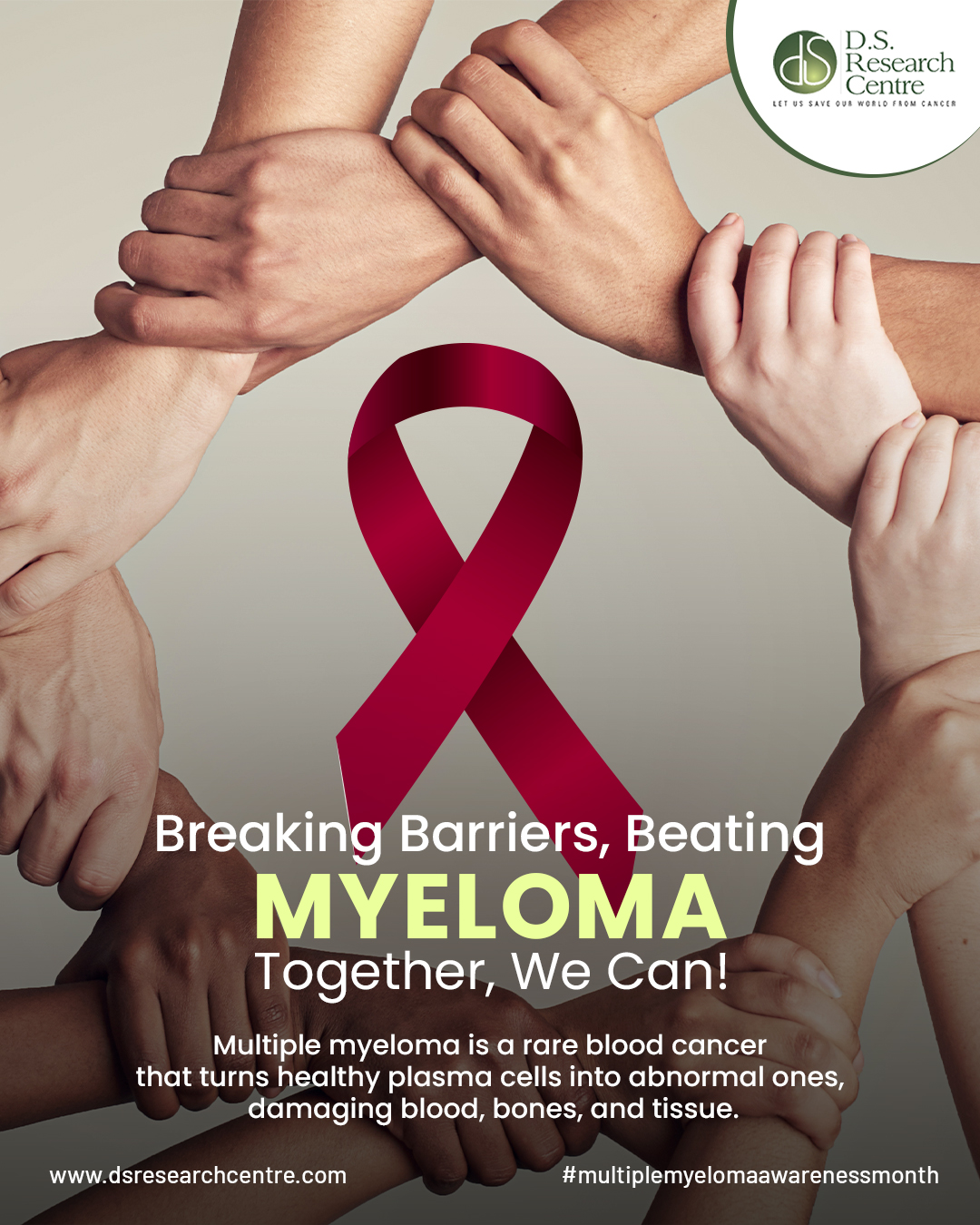Thus, it is associated with decreased quality of life, reduced tolerance to cancer treatments, and worse prognosis. It is particularly common in cancers of the pancreas, stomach, lung, and esophagus
While there is no cure for cancer cachexia, nutrition is a critical component in managing cancer cachexia and improving patient outcomes. A combination of nutritional interventions, physical activity, symptom management, and sometimes pharmacological treatments help in preserving muscle mass and improving energy intake, hence enhancing the quality of life.
Key Nutritional Strategies
1. Protein-Rich Diets
Protein is essential for maintaining and rebuilding muscle mass. Patients should aim for 1.2–1.5 grams of protein per kilogram of body weight daily, depending on their individual needs. Good sources include:
Lean meats, fish, and poultry.
Eggs and dairy products.
Plant-based options like tofu, legumes, and nuts.
2. Incorporating Healthy Fats
Fats are a dense source of calories and can help meet increased energy needs. Omega-3 fatty acids, found in fatty fish, flaxseeds, and walnuts, are particularly beneficial for their anti-inflammatory properties. Studies suggest omega-3 supplementation can improve appetite, weight maintenance, and muscle mass in cachectic patients.
3. Small, Frequent Meals
Eating smaller, nutrient-dense meals throughout the day can combat early satiety and nausea. Fortified shakes, soups, and smoothies with added protein and calories are convenient options.
4. Nutritional Supplements
Oral nutritional supplements (ONS) tailored for cancer patients can provide essential nutrients in a palatable form. Supplements enriched with protein, omega-3 fatty acids, and specific vitamins (e.g., vitamin D and B-complex) are often recommended. Micronutrient supplemention with Vit D, Zinc and B vitamins enhance taste and immune function and muscle health.
Optimal management of cancer cachexia requires a multidisciplinary approach, involving oncologists, dietitians, physical therapists, and palliative care specialists. At D S Research Centre, expert team of doctors and dietitians practice the science of Nutrient energy, an ancient ayurvedic stream, which provides medicines anti-oxidant in nature. Thus helping the patient to overcome the critical side effects of cancer treatments like chemotherapy, targeted therapy, radiation etc.
While cancer cachexia poses significant challenges, the right nutritional strategies can help mitigate its effects. By focusing on protein-rich diets, healthy fats, small frequent meals, and addressing specific symptoms, patients can preserve muscle mass, maintain energy levels, and improve their quality of life. Nutrition, alongside medical treatments and supportive care, is a powerful tool in the fight against cancer cachexia.








Posted on April 15, 2016
Posted on April 15, 2016